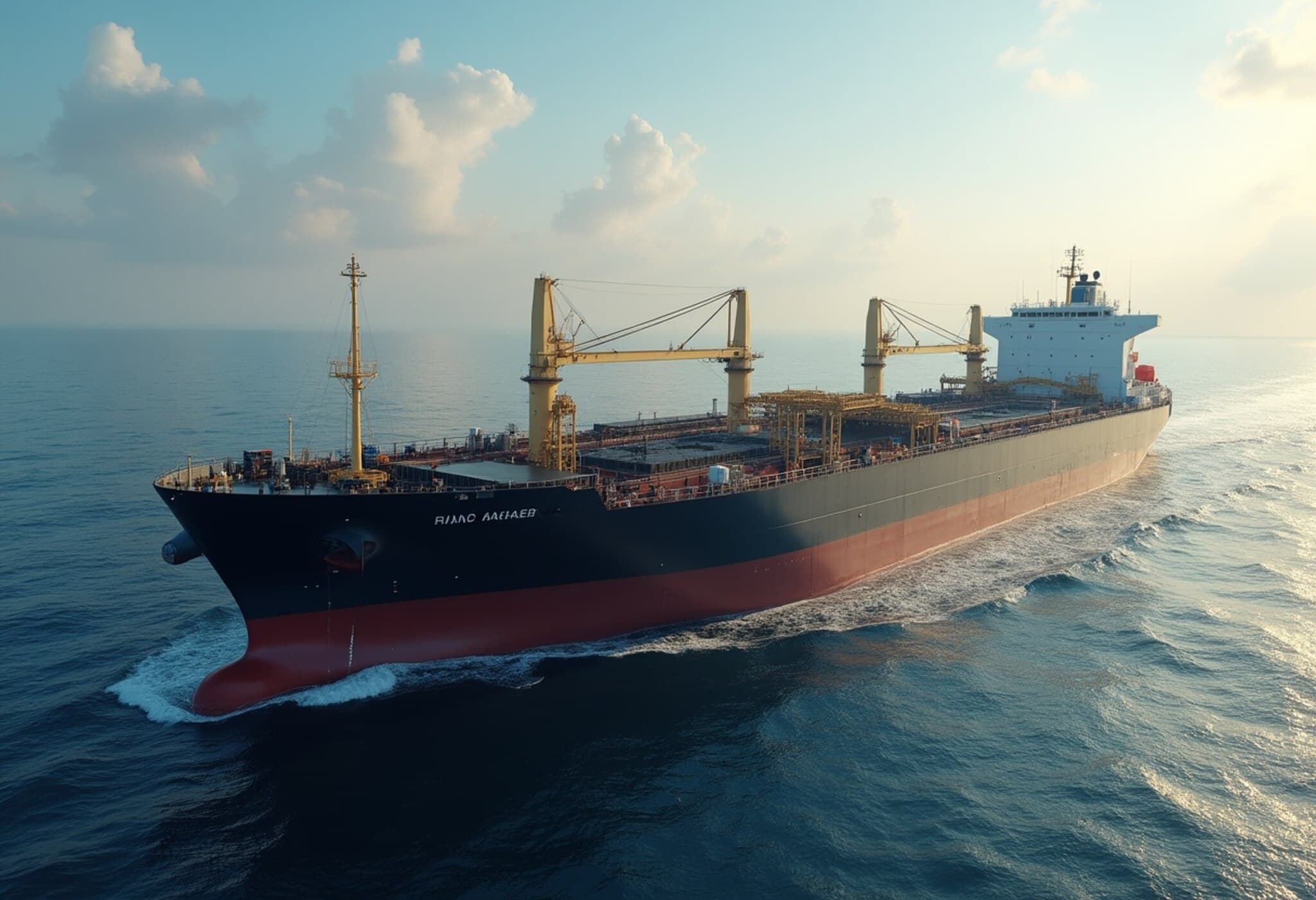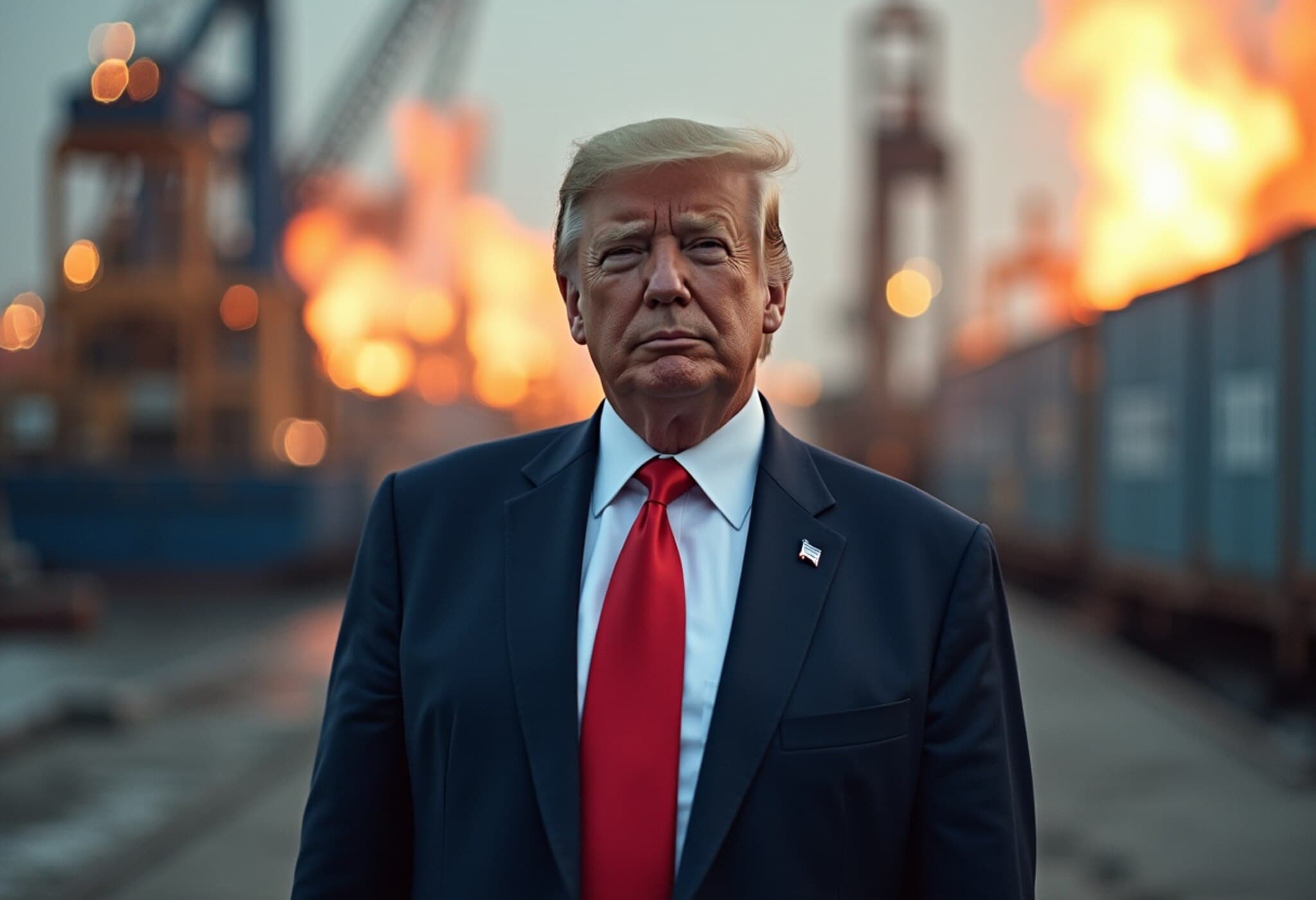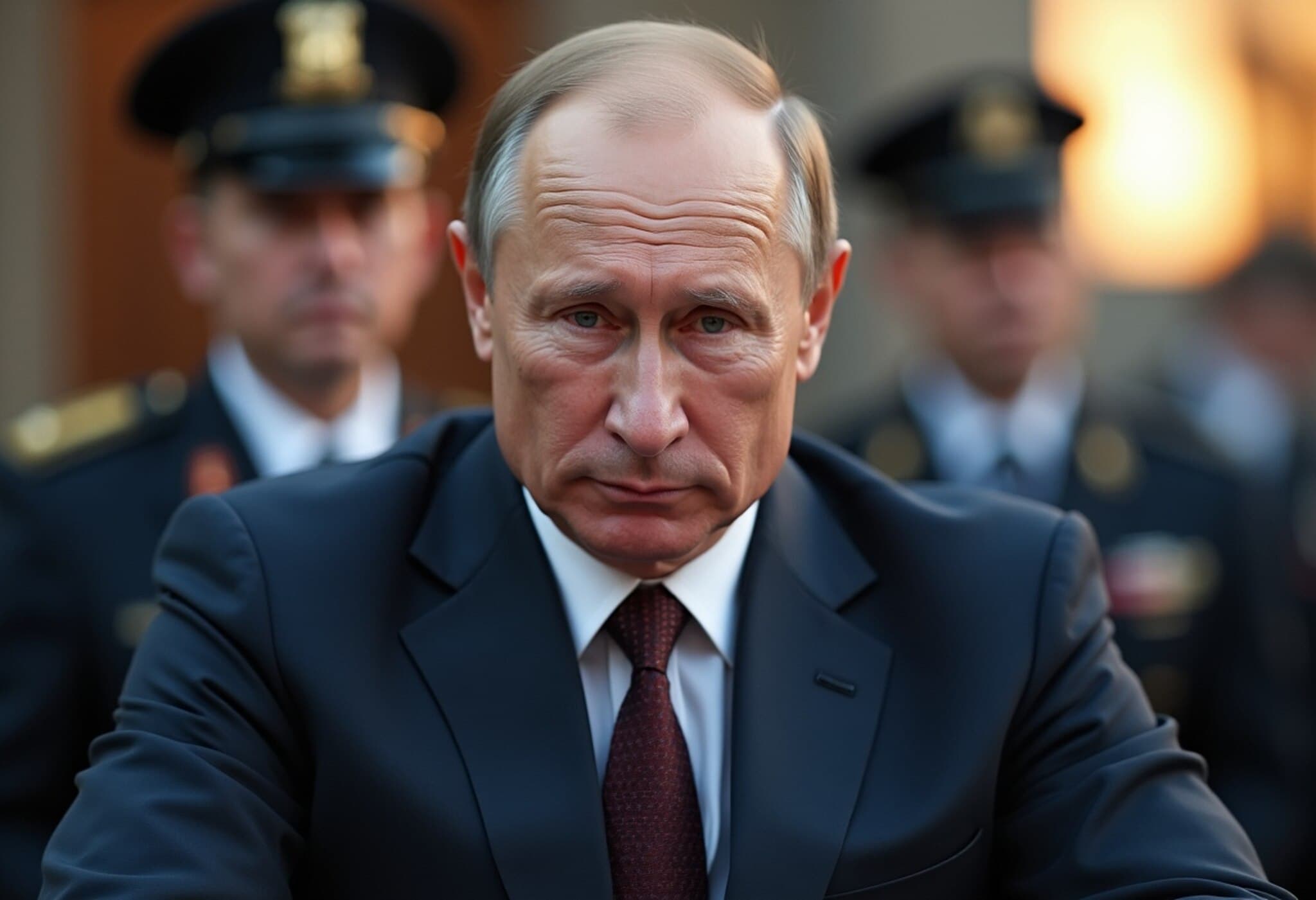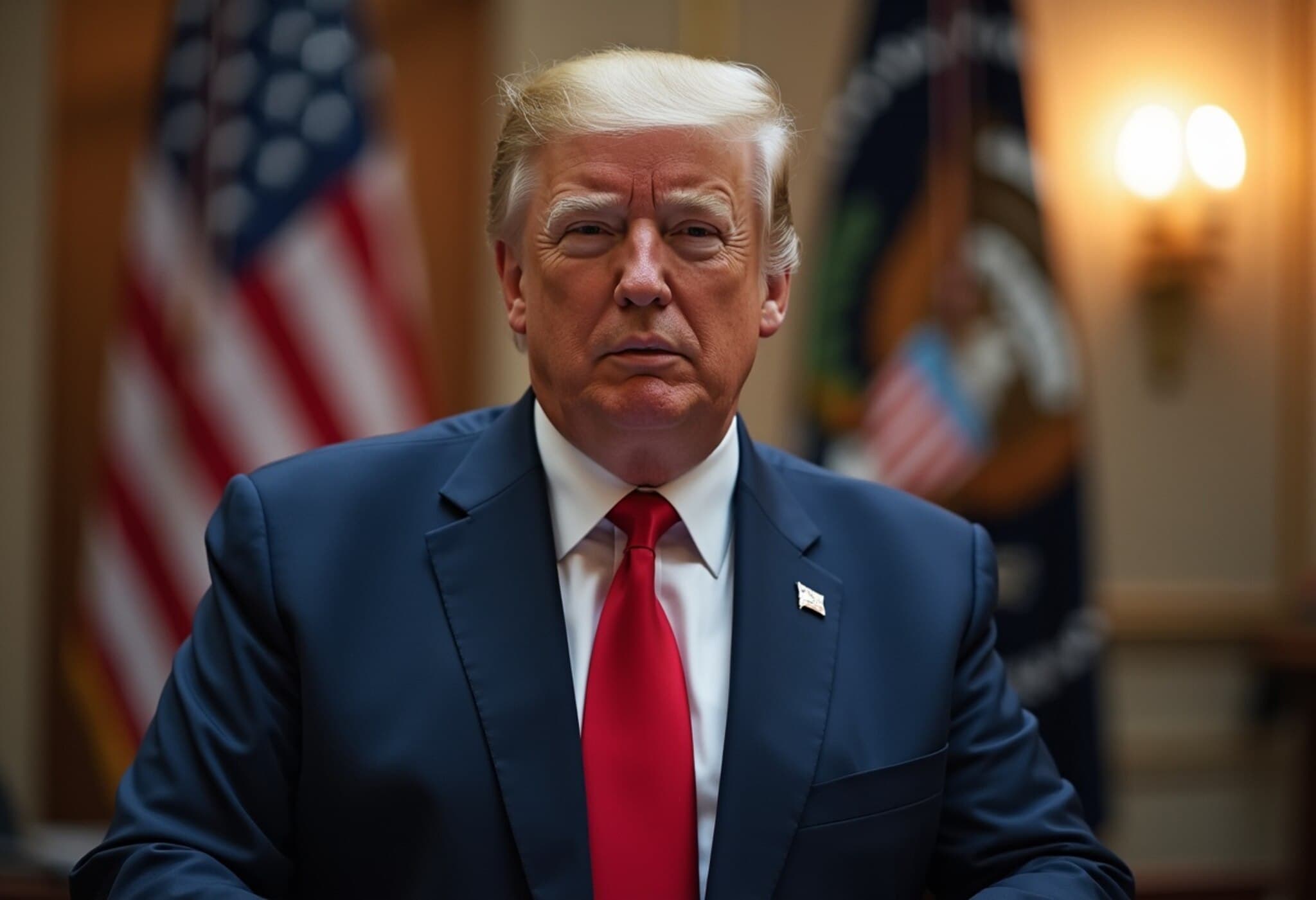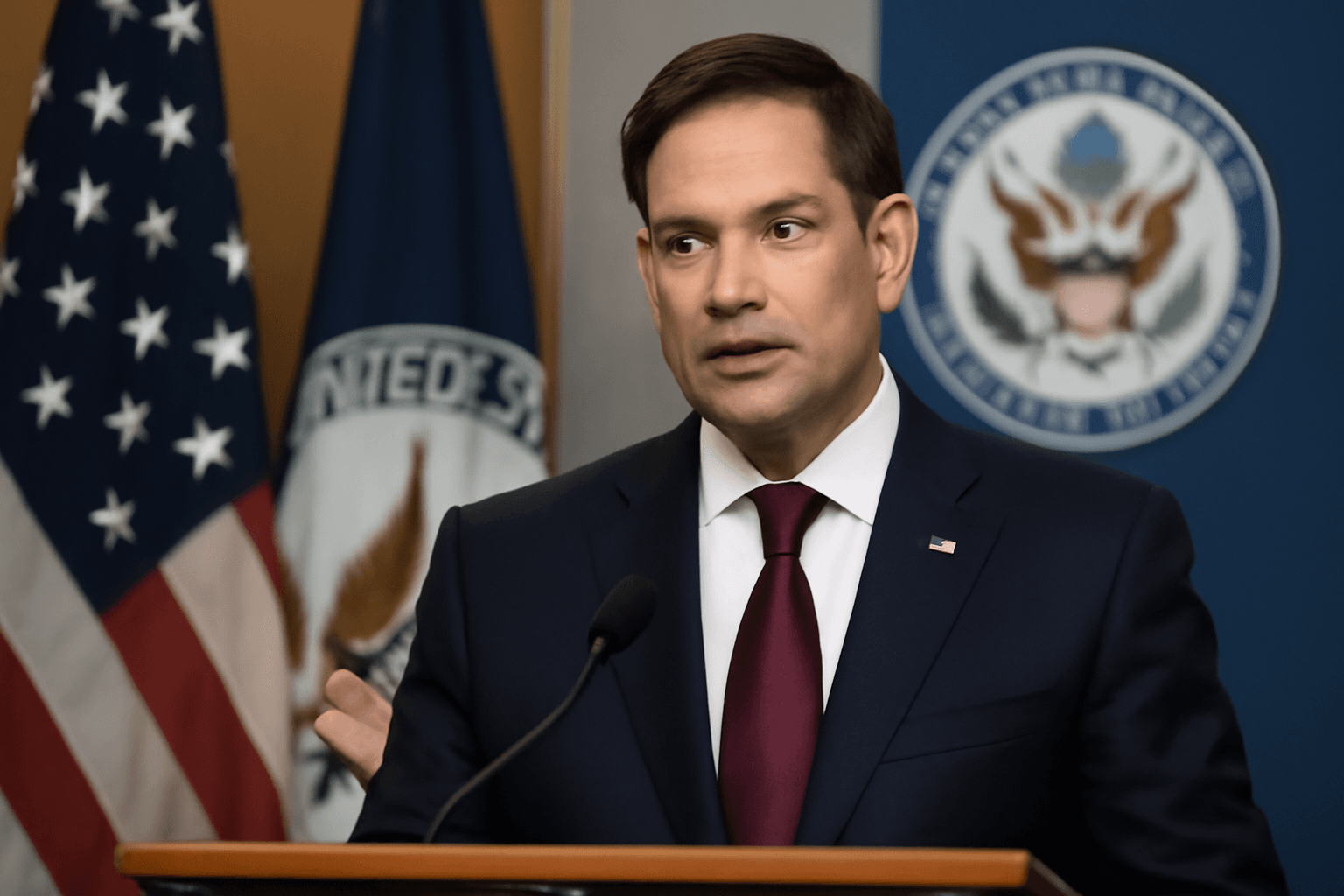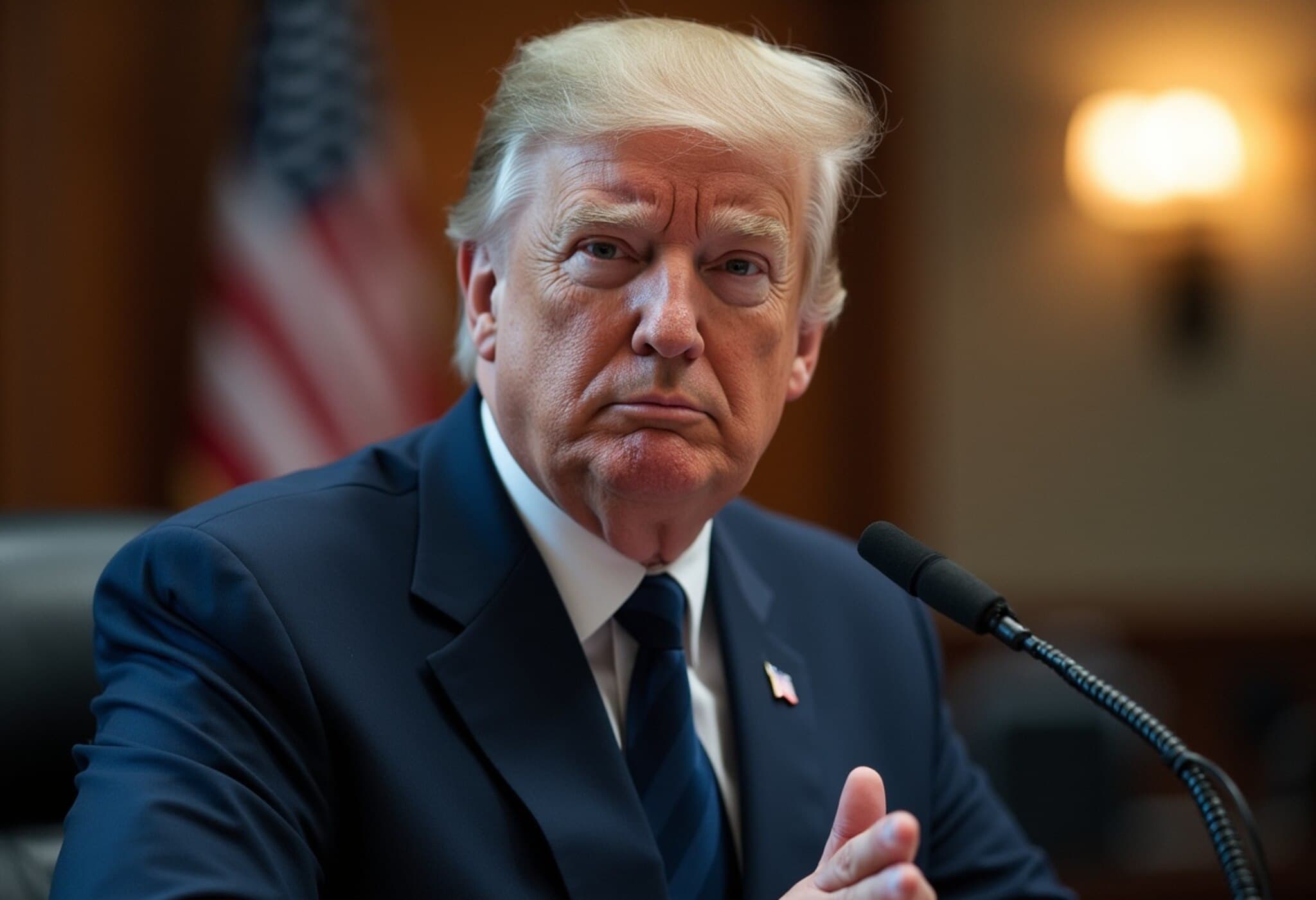US Broadens Sanctions Targeting Iranian Oil Networks
On August 22, 2025, the United States government intensified its sanctions on Iran, unveiling a fresh round of punitive measures aimed at disrupting Iran’s oil trade and circumvention networks. The Treasury Department announced the blacklisting of 13 entities spanning multiple jurisdictions—Hong Kong, China, the United Arab Emirates, and the Marshall Islands—as well as eight maritime vessels implicated in the transportation of Iranian crude oil.
Details of the Sanctions
Central to the crackdown is the designation of Greek national Antonios Margaritis and his associated network of companies and ships. Margaritis’s operations have been accused of deliberately facilitating shipments of Iranian oil in violation of existing U.S. sanctions regimes.
The entities targeted include:
- Hong Kong-based: Ares Shipping Limited and Hangshun Shipping Limited
- Marshall Islands-registered: Comford Management
As for the vessels, the U.S. Treasury explicitly named several oil tankers flagged under various countries:
- Adeline G (Panama flag)
- Kongm (Panama flag)
- Lafit (Sao Tome and Principe flag)
- Additional vessels linked to Margaritis’s network totaling eight in all
Concurrent Measures by the State Department
Separately, the U.S. State Department imposed sanctions on two Chinese operators involved in oil terminal operations and storage facilities. These entities are accused of handling imports of Iranian oil aboard the tankers already sanctioned by the U.S., further illustrating the extensive web of companies involved in circumventing restrictions.
Context: Iran’s Nuclear Program and U.S. Relations
This move comes amid heightened tensions following Iran’s suspension of nuclear talks with Washington, triggered by strikes on Iranian nuclear facilities earlier this summer. The United States and Israel targeted these sites citing concerns over Iran’s alleged ambitions to develop nuclear weapons—a claim Tehran vehemently denies, asserting its nuclear activities are solely for peaceful purposes.
Iran’s top diplomat recently remarked that the appropriate moment for meaningful nuclear negotiations has yet to arrive, though the country has not severed all cooperation with the International Atomic Energy Agency (IAEA).
Implications for Global Energy and Geopolitics
The expanded sanctions reflect the ongoing U.S. strategy to exert maximum pressure on Tehran’s economy, particularly its oil exports, which remain a vital revenue source. By targeting firms and vessels registered outside Iran, the U.S. aims to dismantle the international networks that enable Iran to skirt sanctions.
These steps carry significant repercussions:
- Energy Markets: Disruptions to Iranian crude shipments may tighten oil supply, influencing global energy prices and market stability.
- Maritime Security: Flag states of the sanctioned vessels may face scrutiny over their registration practices and enforcement of sanctions compliance.
- International Relations: The sanctions strain U.S. ties not only with Iran but also test the cooperation of other countries and regions in enforcing sanctions.
Underreported Dimensions and Critical Questions
While sanctions frequently dominate headlines, less discussed are their impacts on innocent actors such as seafarers, local economies dependent on shipping, and global supply chains. Moreover, questions arise regarding:
- Effectiveness of sanctions in compelling Iran back to negotiations.
- Potential unintended consequences on regional allies and neutral parties.
- The evolving tactics Iran and its partners might employ to circumvent sanctions.
Editor's Note
The latest U.S. sanctions underscore a deepening geopolitical chess game centered on Iran’s nuclear ambitions and oil exports. While the move highlights Washington’s commitment to pressuring Iran, it also raises broader questions about the efficacy and collateral impacts of such strategies in an interconnected world. As this saga unfolds, close attention to diplomatic developments and shifts in international cooperation will be crucial for understanding both regional security and global energy dynamics.

